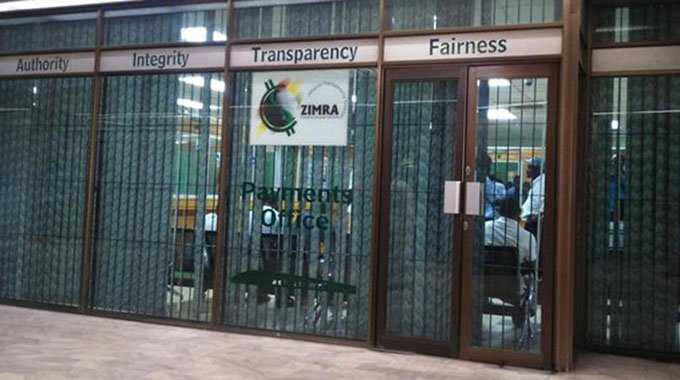|
Getting your Trinity Audio player ready...
|
The United Nations Development Programme (UNDP), in collaboration with the Zimbabwe Revenue Authority (ZIMRA) convened the Tax and Customs Education Training for Journalists from June 10-12, 2024, in Masvingo. This initiative is a critical component of the broader Taxpayer Education Campaign aimed at fostering a well-informed public and enhancing tax compliance across the nation.
Before the Masvingo workshop, there was an editors’ forum meeting held on May 28, 2024, at the Bulawayo Rainbow Hotel. The forum brought together editors from Bulawayo and surrounding regions, such as Gwanda and Gweru. The event facilitated in-depth discussions on tax matters and media engagement through a breakfast meeting, informal dinner, and cocktails.
The Tax and Customs Education for Journalists event included workshops and training sessions designed to educate media professionals on the complexities of tax and customs regulations. Participants gained hands-on experience through a visit to the Beitbridge Border Post, providing valuable insights into customs operations and procedures.
Melusi Tshuma, Tax for SDGs National Coordinator at the UNDP said he was excited about the initiative that he said empowers members of the media in taxation matters.
“Journalists play a crucial role in providing taxpayer education to citizens, which is essential for enhancing tax morale and promoting voluntary tax compliance among individuals and businesses. Ultimately, this plays a pivotal role in domestic resource mobilization, as tax revenues are urgently required to facilitate the attainment of the Sustainable Development Goals and the National Development Strategy 1,” Tshuma said.
Lingani Nyika, a Reporter for The Chronicle, said he gained more knowledge about tax matters and now understands the importance of paying taxes as a citizen and for our nation.
“I’ve also learned about the Sustainable Development Goals. As a young journalist, I have much to share with the world and am eager to use my writing to educate the nation,” Nyika said.
Theresa Takafuma, News Editor, TellZim News said the Zimbabwe Revenue Authority provided journalists with education on taxation.
“Tax education is crucial for journalists as it equips us to disseminate accurate and helpful information. We gained knowledge about the various types of taxes and their use. We now better understand ZIMRA’s operations and will utilize this knowledge to communicate how taxation contributes to national development.”
Gladman Njanji, the ZIMRA Corporate Affairs Executive, said his organisation is training a new generation of journalists who are specialists in the areas of customs and tax.
“Providing tax education for journalists aligns with Chapter 8 of the Public Entities Act, which designates the media as a crucial stakeholder that should be involved annually to showcase the transparency of ZIMRA. We believe in the power of media because their pen can transform a nation. Our partnership with UNDP marks an exciting journey in promoting sustainable development and tax in terms of promoting development,” Njanji said.
The primary objective of this campaign is to enhance the media’s ability to disseminate accurate and comprehensive information regarding tax laws and compliance. By equipping editors and journalists with the necessary knowledge and skills, the campaign aims to improve public understanding of tax obligations, reduce tax evasion, and ultimately increase government revenue to fund essential public services and infrastructure projects.
The Taxpayer Education Campaign aligns with Zimbabwe’s Vision 2030 and the Sustainable Development Goals (SDGs), particularly Goal 16, which emphasizes peace, justice, and strong institutions. By improving tax compliance, the campaign supports the creation of a transparent and accountable tax system essential for sustainable economic growth and development.
Working together, media professionals and policymakers can ensure a well-informed society that understands the importance of tax compliance and its role in achieving our national and global development goals.






